INTRODUCTION
Sustainable Development seeks to meet the needs of the present without compromising the ability of future generations to meet their needs. It envisions a future that integrates economic development, social equity, and environmental protection. It is development that is just, equitable, inclusive and people-centered. In September 2015, the global community adopted 17 Sustainable Development Goals (SDGs). The 17 SDGs aim to ensure lasting protection of the planet and its natural resources. They serve as a guide for governments’ decisions and actions over the next 15 years, so that these will lead to sustainable development by the year 2030.
Sustainable Development Goal 7 (SDG 7) seeks to ensure access to affordable, reliable, sustainable and modern energy for all by 2030. This goal has driven the development of various renewable and non-renewable energy sources, including solar, wind, hydropower, geothermal, biofuels, natural gas, coal, petroleum, uranium.2 Sustainable energy development requires a balance between energy security, economic development, environmental protection and social equity.3 Reliance on fossil fuels like oil and coal is unsustainable and harmful to the planet. Increased use of fossil fuels leads
to increased greenhouse gases that contribute to global warming. What the world needs now is more renewable energy with less impacts on the environment, on affected communities, and to climate change.
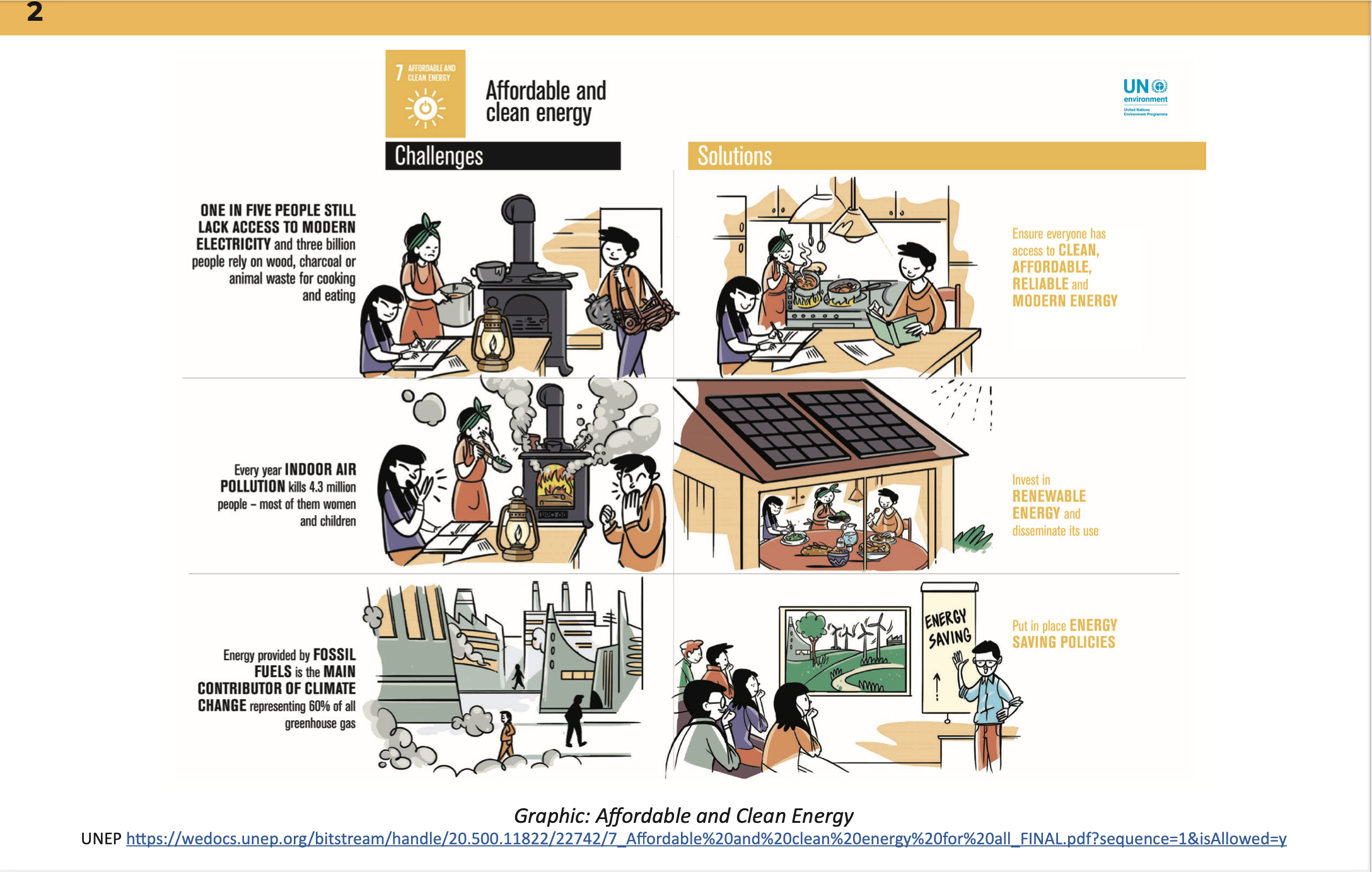
Toolkit Objectives:
This community toolkit is meant to be used by Indigenous Peoples’ communities, organizations and individuals who are facing energy projects in their areas and need guidance in dealing with them. It could also be used to inform other actors about indigenous peoples’ rights and perspectives in relation to energy investments in their communities.
The toolkit gathers information and tools from various sources that are available on the web, and which may be useful in protecting indigenous peoples’ rights and promoting access to energy
in their communities. It provides links to other resources, tools and approaches that may be explored by the reader in more detail, depending on their particular context and needs. It also presents a few case studies from the experience of indigenous peoples in engaging with energy project stakeholders and in implementing community- based renewable energy projects that others can learn from.
In particular, the toolkit aims to collect and provide information that may be useful for indigenous communities in:
- Advocating for the respect of indigenous peoples’ rights in relation to energy projects affecting their lands and resources; and
- Gaining access to community-based renewable energy projects that benefit them and address their needs.
DOWNLOAD THE TOOLKIT HERE: REP COMMUNITY TOOLKIT

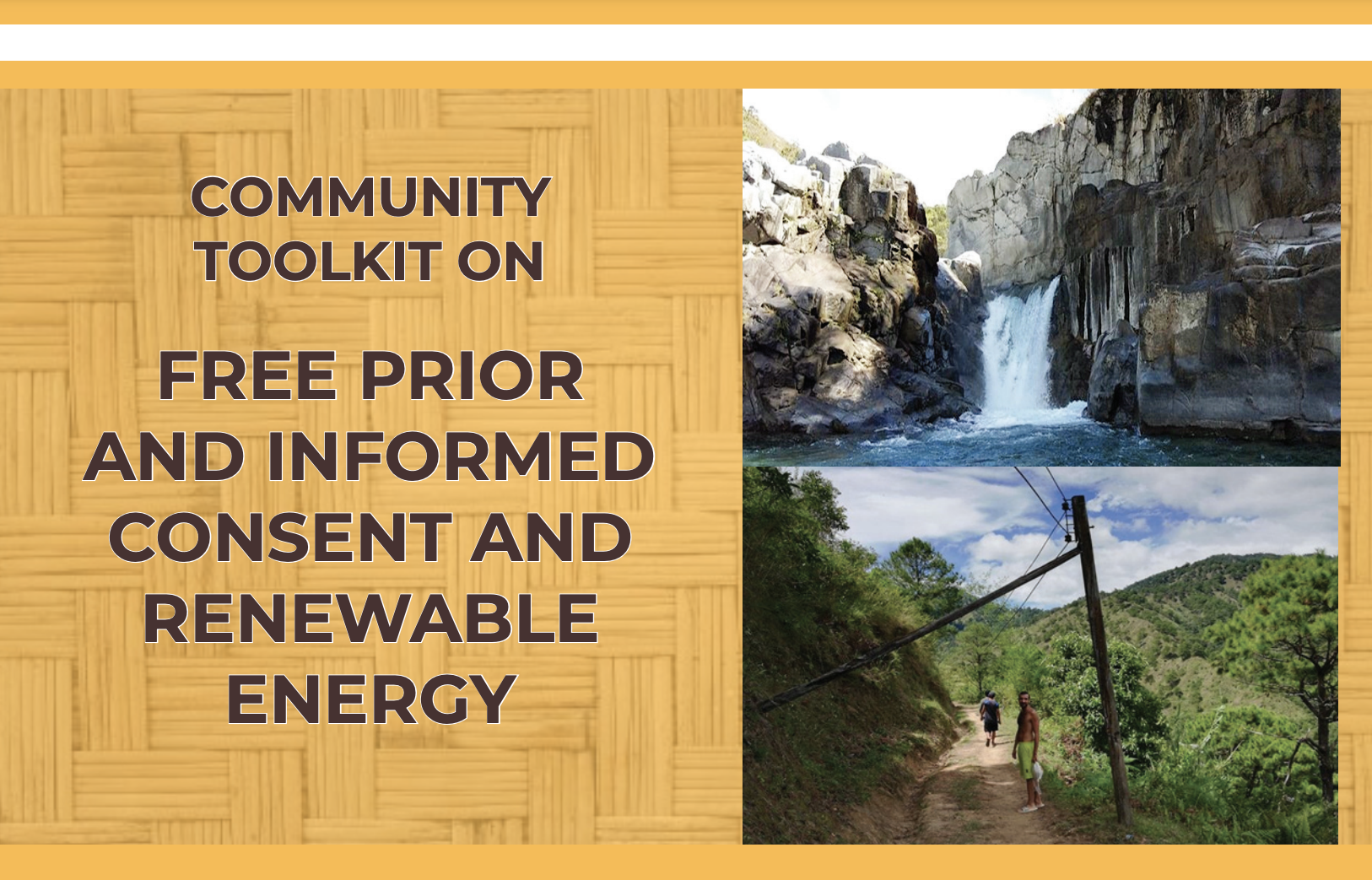
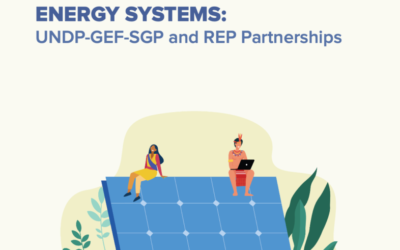
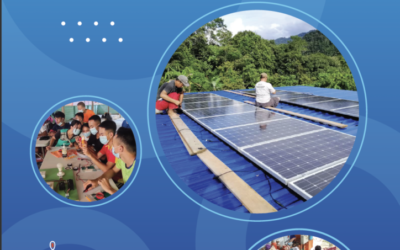
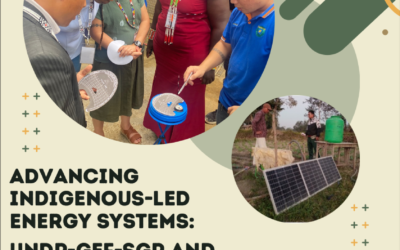
0 Comments